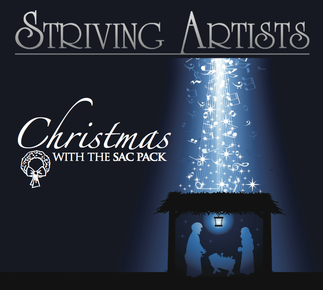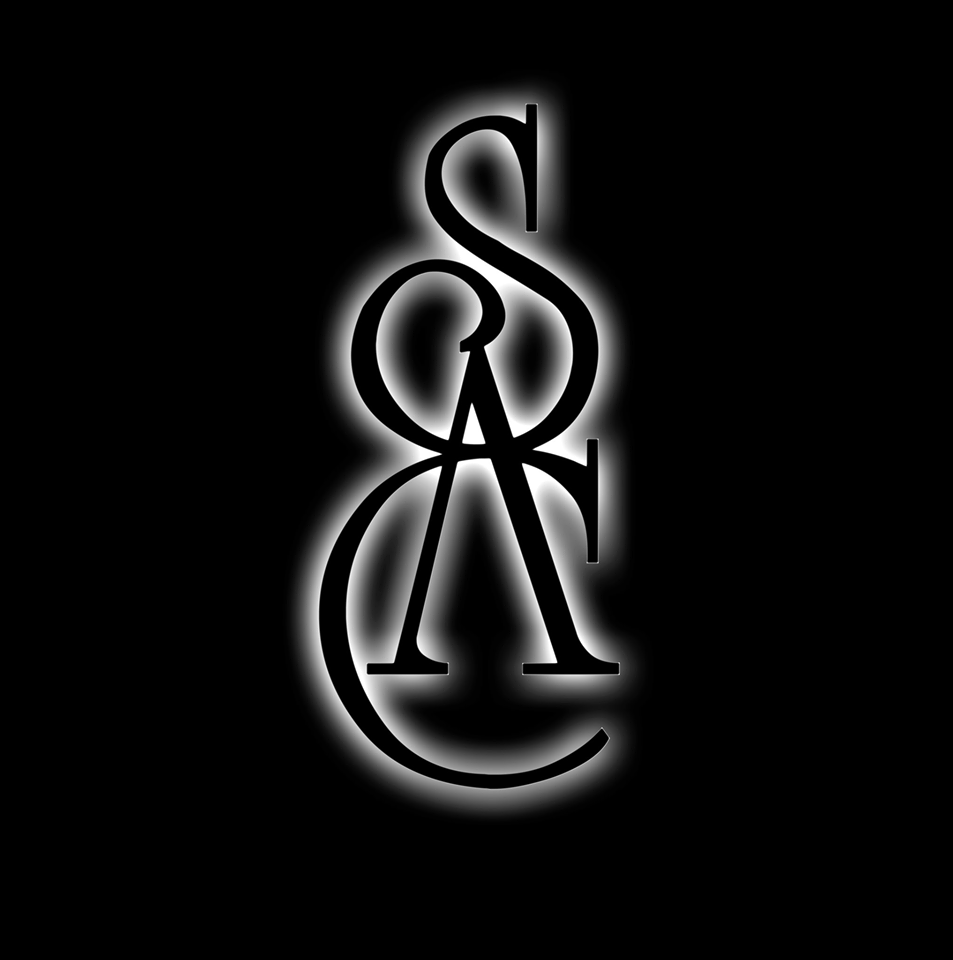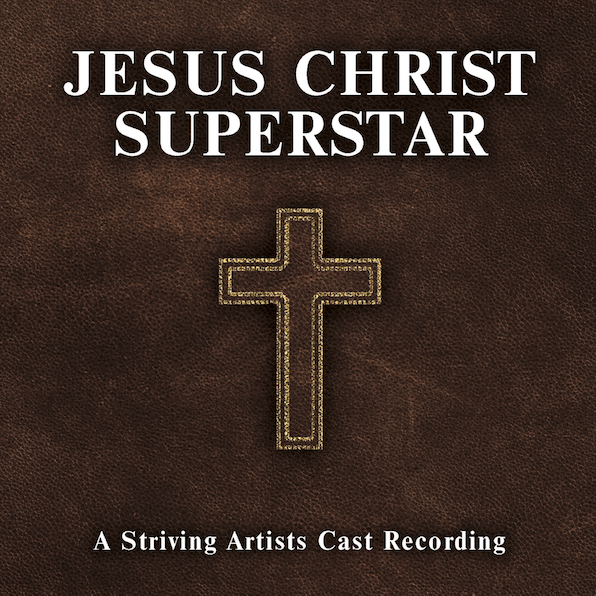
Hello Greg. How’s the early summer treating you?
Pretty well, thanks. We’ve started rehearsing our Summer Shakespeare production, I’m making a short film this weekend, and still recording music as always.
You are the founder of the Striving Artists Theatre Company. How did you initially come up with the idea?
While in college, I was president of a student-run theatre group. I had been writing plays since high school, and I was lucky enough to direct two of them while running the group in college. While there, I also dabbled a little in making a couple of silly short films, and because I sang and played a few instruments, I was asked by my peers a couple of times to put together background music for their own performances. One of my professors heard that I was working on that and offered to let me use his 4- track so I could overdub each of the instruments that I played at the time. When it came time to graduate, I didn’t really want to do what a lot of performers do and either audition all the time, or busk on the corner or do open mic nights and all that. I also had gotten a taste for being in charge, frankly. So with my sister and a few other recent graduates, I formed Striving Artists, with the intention of continuing to develop in those four areas: theatre, writing, film, and music.
Over the last five years, the Striving Artists Theatre Company has put out a few releases. What role does each recording play in telling a story about yourselves?
Each is an extension of what we do on stage, sort of building on the foundation of our live performances. The two Christmas albums were a progression from the arrangements I had done of holiday tunes for our annual Christmas show. I sort of wanted to experiment and try as many different styles as I could, but they’re also really homespun. “Jesus Christ Superstar: A Striving Artists Cast Recording” takes some of the fuller orchestral and prog rock stuff we had done on the Christmas albums and combines it with the theatricality of our live shows.
What unique experiences have you experienced while working with a large number of performers?
There’s always excitement when you hear what each performer brings. So much of the drive and the groove comes from Nate’s drums. It’s also exciting in some of the tracks that juxtapose a lot of different voices to see how they blend together. Jimmy’s voice (who sings Judas) is really clean and precise and has a lot of treble. Mine is more bottom-heavy, except for when I go falsetto. Jenn (who sings Mary) is really warm and brassy, so it’s fun to get those different tones in a single song. Occasionally there’s an embarrassment of riches with a vocal. For instance, on tracks where Jimmy or Jenn needed to ad lib, I’d just keep doing takes cause they’d keep coming up with different riffs. So it was hard choosing which to keep and which to drop when it came mixing time.
Which of the numbers on the JCS recording are your favorites? Were there any particular songs that were difficult to get polished to your desire?
The title number took me forever, mostly because I couldn’t get the bass part just right. I probably recorded the bass part 3 or 4 times over the course of a year. On the original, the bass drives the entire song, so I knew it was imperative that I find that groove. But Jimmy’s vocal is diabolically good on it, and Nate’s drums dance right along, so I think in the end I got what I needed out of it. I also really love “I Don’t Know How to Love Him”, which I normally consider the bathroom break when I see the show live. But once I started breaking it down into its parts, I found I really loved the bass part, Nate got some good dynamics out of the drums, Emma’s flute was really lovely and plaintive, and Jenn’s vocal was just such a pleasure to listen to while mixing.
You have been a bit of one-man band in the SATC, playing a bevy of instruments on this recording. What is your recording process like?
Normally I start by doing a very basic drum track if I know it’s going to be an elaborate arrangement where keeping a steady beat will be important. I use that as sort of a “click track with feeling” to record my rhythm tracks. Then I’ll do a more polished drum track to replace the original. Vocals will come next, then overdubs of things like guitar solos. If the song has orchestral instruments, I’ll record those parts using East-West patches on my keyboard, and then I’ll replace those with live violins or horns or woodwinds later. For this newest album, I went to my drummer’s place and we jammed out to the original “Jesus Christ Superstar” album or the movie soundtrack. Then I’d take those rhythm tracks and record on top of them.

Moving into the Jesus Christ Superstar era together, the music side of the SATC brings in some additional musicians. What does each member bring to the overall vibe?
Again, Nate’s drums are huge. And he’d surprise me sometimes. For instance, on “The Temple”, the first section is in 7/8, and it’s normally played in a very straightforward way. But when we recorded the drum part, Nate decided to swing it, which gave the whole track a different kind of drive. Emma’s flute is great; I can’t imagine the opening of “Damned for All Time” without it, and it’s not easy playing a freeform flute duet with yourself (I overdubbed her on top of herself) in total isolation with no rhythm track. And Jess’ trumpet really gives the whole thing some kick, it really smacks you in the face when it comes in at the beginning of the “Overture” and elsewhere.
What does the remainder of 2017 hold for you?
With Striving Artists, I’m co-directing a cycle of Shakespeare plays this summer, along with a short film, and then producing a collection of short pieces by William Donnelly, finishing up with our annual Christmas show. I’m also working on a solo album that’ll be for kids.
Finally, how can interested NeuFutur readers locate samples from the Jesus Christ Superstar cast recording?
There are samples on our website: www.strivingartists.org
Thank you for your time; do you have any last thoughts for our audience to mull over?
Just that they should give the album a shot. It rocks a lot harder than you’d expect from something with “Andrew Lloyd Webber” attached to it.
